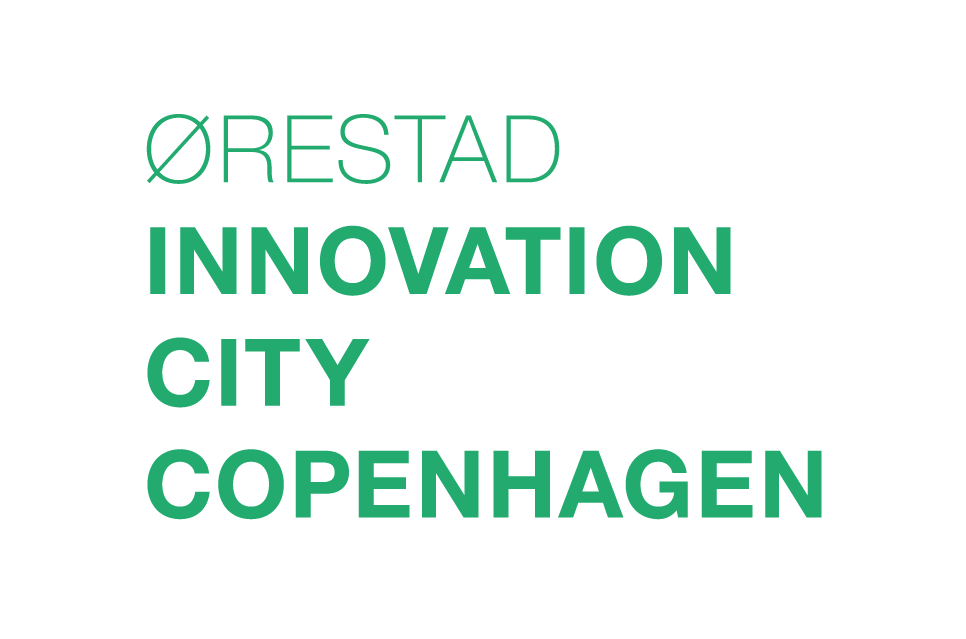Manchester er Englands tredje største by og verdenskendt både for sin fodboldkultur og tiden som beskidt industriby. Hvad, de færreste måske ved, er, at Manchester også huser et af verdens førende innovationsmiljøer inden for Advanced Materials og Life Sciences.
I 2007 blev innovationsdistriktet Oxford Road Corridor etableret i den sydlige del af byen, hvor fem ledende aktører gik sammen. Det har skabt nye samarbejder, vækst og konkurrencekraft i bydelen. Vi talte med Frankie Baines, Assistant Partnership Manager i Oxford Road Corridor om udviklingen af innovationsdistriktet.
What distinguishes Oxford Road Corridor from other innovation districts?
Oxford Road Corridor is the beating heart of the Northern Powerhouse, with specialisms in Advanced Materials and Life Sciences. Manchester is the first city region in the UK to operate with a devolved Health and Social Care budget. The district benefits from Enterprise Zone status and five NHS University Hospitals which are linked to research and emerging businesses, making it the largest clinical academic campus in Europe.
How are you organised? What is your business model?
Oxford Road Corridor is constituted as a private limited company. The Board comprises five Company members (two Universities; NHS Trust; private sector developer, and the City Council). Other organisations represented are from the cultural sector and a science park operator. Senior leaders from across the city act as Directors of the company.
The member organisations contribute financially to fund a small team to manage the partnership and to develop strategy. There are five thematic sub-groups to support the delivery of the work, reporting into an Executive committee. They include, Employment and Skills, Health and Wellbeing, Place and Promotion, Culture, and Sustainable Transport.
How do you work with innovation across sectors?
Along the Corridor there are many examples of mixed-use sites which provide opportunity for Academics and Businesses to deliver innovation and collaborate, our sector specialisms are Life Sciences and Advanced Materials. Working examples of this include the University of Manchester’s investment in graphene and 2D materials. The innovation eco-system will have at its core the research focused National Graphene Institute and the more commercially facing Graphene Engineering and Innovation Centre.
Through Health Innovation Manchester we are able to deliver a needs-based approach to innovation across the Life Sciences sector. Through monitoring the implementation and progress of the prioritised interventions with the support of partners and academia, we are able to deliver health and social care innovations at pace and scale.
Which exciting projects are you currently working on or have planned for 2018?
For the first time in 20 years, Manchester will be the first city outside of the USA to host the World Health Congress. Taking place in March 2019, the congress anticipates 1,000 representatives from all sectors of healthcare including hospitals, health systems, pharmaceutical, medical device and biotech companies, academia and leading government agencies.
A site-specific Spatial Framework is currently in development which will sit alongside the wider Corridor Strategic Spatial Framework.
Oxford Road Corridor have commissioned a commercial consultant to deliver an initial feasibility study for an Arts and Culture event in 2019/2020. The work will consider how an event could animate spaces/public realm to increase footfall into our cultural venues, as well as take advantage of the partnership’s new branding.
A project to engage neighbouring schools for learners aged 12 – 14 is currently underway. The initiative provides an opportunity for children to learn more about the work of the Oxford Road Corridor partnership and sets a number of challenges for them to work in small groups to bring forward ideas and solutions.
Construction for Citylabs 2.0 is due to begin in October 2018 with completion expected in summer 2020. Citylabs 2.0 and 3.0 are expected to generate 750 jobs and increase economic growth by more than £100 million. Nestled within Manchester Foundation Trusts’ hospital campus, Citylabs 2.0 will become a national hub for data analytical businesses and precision medicine, offering Grade A office space and state of the art laboratory facilities.
What challenges are you currently facing in the development of the innovation district?
Land availability continues to be one of the biggest challenges we face in the continued development of the innovation district, however, our Strategic Spatial Framework acts as a guide for future development opportunities by providing a hierarchy of land uses with design and quality principles embedded.
What is your vision for Oxford Road Corridor?
By 2025, Oxford Road Corridor will be Manchester’s cosmopolitan hub and world-class innovation district, where talented people from the city and across the world learn, create, work, socialise, live and do business; contributing to the economic and social dynamism of one of Europe’s leading cities.

